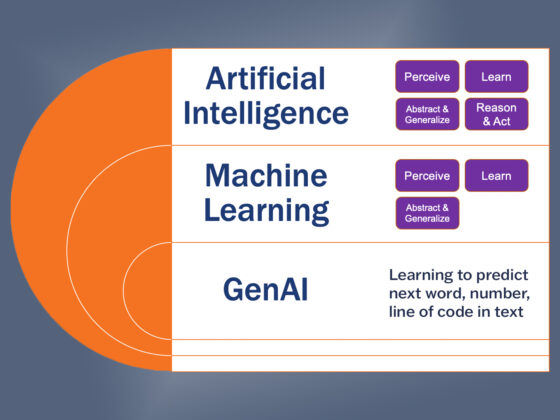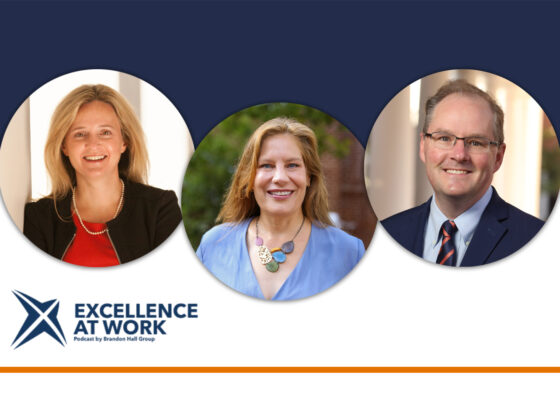It’s been a year since the World Health Organization declared COVID-19 a pandemic, which overnight sent organizations COVID-19 scrambling to adapt to a new way of operating. While the business world had already been preparing for digital transformation and the future of work, the sudden need to switch to a virtual environment caught many by surprise. Leaders were challenged in ways they had never been challenged before. It’s never easy to know when a crisis is coming, but when it happens, employees are looking to their leaders to help them pivot, navigate and thrive through it.
How can you be prepared when crisis strikes? Darden faculty members, many of whom teach in our Executive Education & Lifelong Learning programs, share their top tips for you to lead ethically, mindfully and with compassion through a crisis — so that you and your team can emerge stronger, better informed and prepared for future disruptions.
Lead Ethically to Build a Sense of Unity and Confidence
Professor Sean Martin and colleagues from the universities of Delaware and Arizona and the United States Military Academy at West Point took a novel look at the tie between ethical leadership and team dynamics when performance dips.
After analyzing findings of the research, Martin says, “Having an ethical leader is incredibly important, because when a team faces failure — which it will — if the boss is unethical, people are going to want to bail from that team or from that company. If you want teams to be more resilient to failure, you need to have ethical leaders at the helm, because they have a really big impact on how people feel about moving forward and staying the distance.”
The best thing leaders can do to demonstrate ethical leadership? Martin recommends that leaders double down on their efforts to communicate, listen and “demonstrate their integrity.”
Read about the study here. Martin is part of the faculty team for the Women in Leadership Program.
Implement the Leading Mindfully Strategy
Professor Lili Powell introduced the leading mindfully strategy “see it, name it, tame it and reclaim it” as an approach to dealing with crisis. “Seeing and naming it” is a courageous commitment to seeing and accepting what’s real, and “taming it” involves managing strong emotional reactions. Together, these inner moves help you regain composure and adopt a more resourceful stance toward your surroundings. Now in a better state of mind, “reclaiming it” involves transforming this strange moment into a teachable one for you and the people you lead.
Powell says, “If the COVID-19 crisis triggered health, economic, social and psychological changes that mean that we will be living and working through destabilizing moments now and for the foreseeable future, then all the more reason to adopt and practice essential skills of leading mindfully. Use ‘see it, name it, tame it and reclaim it’ to gather your wits, accept what’s real, get into a learning stance and guide your team’s collective attention.”
Powell leads the Leading Mindfully program.
Get Back to BASICS
 Today, with no chance to meet around a conference room table or even exchange pleasantries in a hallway, Professor Laura Morgan Roberts emphasizes that managers need to “get back to BASICS” to support and engage employees, even when they’re miles apart.
Today, with no chance to meet around a conference room table or even exchange pleasantries in a hallway, Professor Laura Morgan Roberts emphasizes that managers need to “get back to BASICS” to support and engage employees, even when they’re miles apart.
Here’s what the acronym means: bonding, agility, safety, inclusion, compassion and strategic alignment.
Roberts shares, “Managers need to encourage teams to be curious, observant and attuned to social change. Because learning needs to happen so rapidly, the fastest route is often peer-to-peer: What did you try? How did it work? Did you notice this? Yes, let me show you how I handled that. Reward team members who network, experiment and coach each other.”
Read more about the BASICS acronym. Roberts teaches in the Women in Leadership Program and Leading With Humanity.
Ask Questions
 Despite the physical and psychological distance we’re faced with for the time being, we’re acutely aware that our neighbors, both local and global, are asking many of the same questions we are — if not in word, then in essence. Even in our individual situations, we are united in asking deep, difficult questions of our shared past, present and future. And, though we are at a distance, we find ourselves asking questions together.
Despite the physical and psychological distance we’re faced with for the time being, we’re acutely aware that our neighbors, both local and global, are asking many of the same questions we are — if not in word, then in essence. Even in our individual situations, we are united in asking deep, difficult questions of our shared past, present and future. And, though we are at a distance, we find ourselves asking questions together.
Professors Anton Korinek and Andrew Wicks led an exercise with over 60 members of the Darden community to ask questions together in real time — focusing on the value of the questions themselves. Simply put, asking questions together is itself a powerful form of sharing, a necessary activity to strengthen community ties and help us to better understand and solve the problems before us.
Learn more about the types of questions asked to guide the conversation at Darden — and within your own community. Wicks leads the Leading With Humanity program.
If you’re considering an Executive Education & Lifelong Learning program, connect with a concierge to help you find the right fit for your development needs and career goals.






